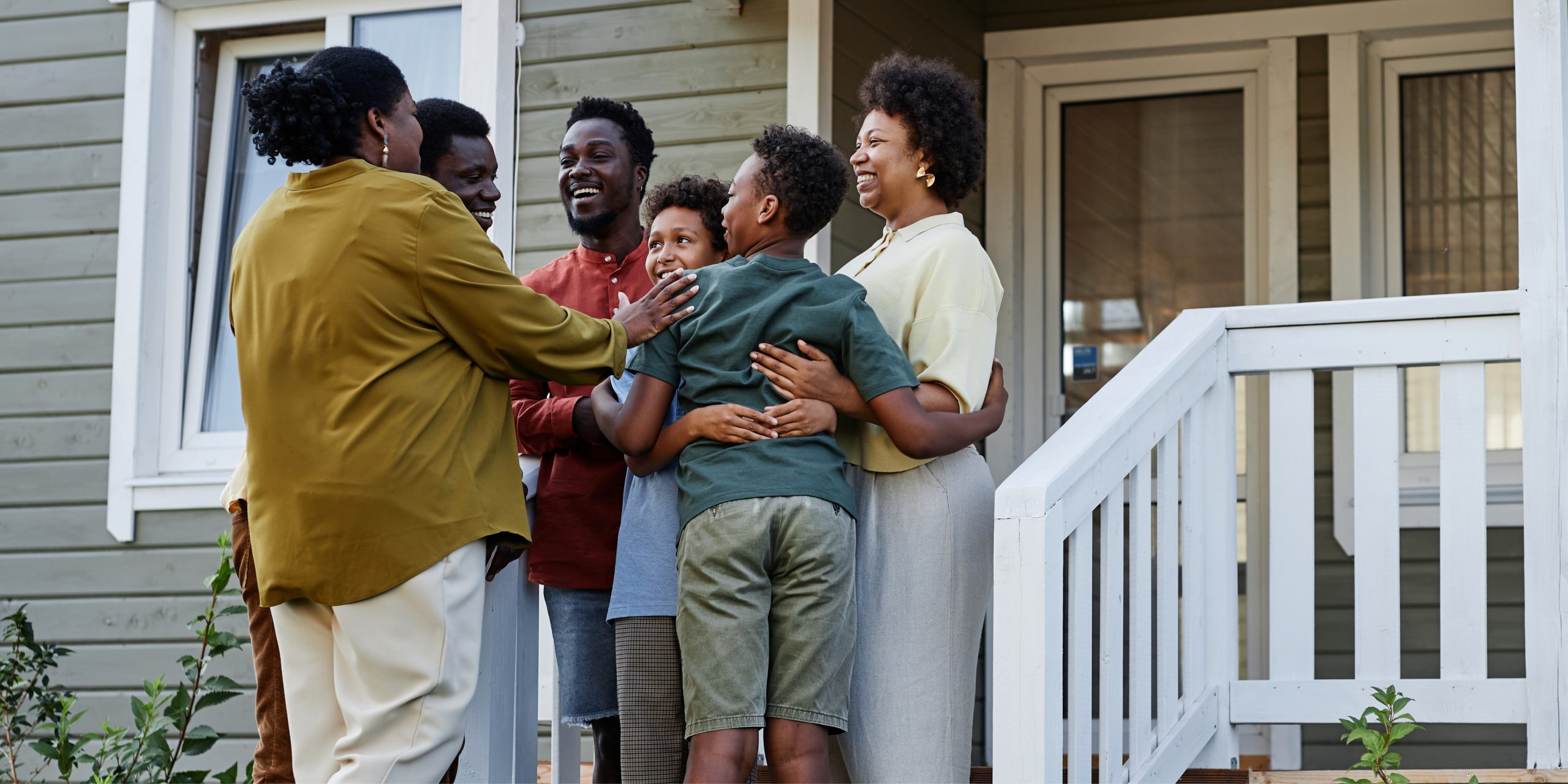Conventional Mortgages for Florida Condotels: What’s Allowed and What’s Not
| By Nick Pifer | 0 Comments

Florida’s unique real estate market includes a property category that often raises eyebrows and sparks questions: the condotel. These hybrid properties—part condominium, part hotel—offer investment opportunities and desirable amenities, especially in cities like Miami, Orlando, West Palm Beach, and Fort Lauderdale. But when it comes to financing, condotels don’t always fit neatly into conventional mortgage guidelines.
What do lenders really allow when it comes to conventional mortgages on condotels, and what rules or limitations do borrowers face? Let’s take a deep dive into what’s permitted and what isn’t, particularly in the Florida market.
What Is a Condotel, Exactly?
A condotel, or condo hotel, is a building that operates like a hotel but where the individual units are owned by private investors. These units are often rented out to short-term guests, and many come fully furnished with amenities such as front desk service, resort-style pools, and housekeeping.
While condotels can be found across the U.S., Florida—especially South Florida—is a hotspot due to its climate, tourism industry, and oceanfront properties. Places like Fort Lauderdale Beach, Sunny Isles, and West Palm Beach host numerous condotels appealing to both vacationers and real estate investors.
Why Conventional Loans Are Tricky for Condotels
Conventional mortgages are designed for standard primary residences, second homes, and investment properties—not for properties with hotel-style services or significant short-term rental operations. As a result, Fannie Mae and Freddie Mac have stringent requirements for what qualifies under a conventional loan.
Condotels typically violate multiple requirements:
- They often include daily or short-term rental capabilities
- They might offer services like concierge, front-desk check-in, and daily maid service
- They are often managed by a hotel operator, not a homeowners association
For these reasons, many condotels are considered non-warrantable, meaning they don’t meet the criteria set by government-sponsored enterprises (GSEs). As a result, securing a conventional mortgage on these properties is difficult—but not always impossible.
What’s Allowed Under Conventional Guidelines
Some condos that operate similarly to condotels may still qualify for conventional financing if they meet certain conditions. Here’s what lenders typically look for:
- The unit must be part of a condo association, not managed by a hotel
- The condo association must not restrict occupancy to short-term guests
- The majority of the units must be owner-occupied or rented out on long-term leases
- Amenities like restaurants and concierge service must not dominate the property’s identity
In Florida, these rules are particularly important due to the high number of resort-style properties. If a property is labeled a condotel by the county or the association, it will be almost impossible to finance conventionally unless reclassification is possible.
What’s Not Allowed
If a Florida condo has any of the following, conventional mortgage options are generally off the table:
- On-site daily rentals with check-in services
- Hotel-style branding and advertising
- Revenue-sharing programs with a management company
- Requirement for owners to participate in a rental pool
These features align too closely with hotel operations and make the property unfit for backing by Fannie Mae or Freddie Mac.
Alternative Financing Options
When a condotel is not eligible for a conventional loan, there are still ways to secure financing. Premier Mortgage Associates often works with portfolio lenders who are more flexible in their underwriting criteria. These lenders may offer:
- Higher down payment requirements (20-30% or more)
- Shorter loan terms
- Higher interest rates
- Restrictions on cash-out refinancing
These terms reflect the perceived risk associated with condotels, especially in markets like Fort Lauderdale and West Palm Beach where the volatility of short-term rental income can impact property values.
The Importance of Pre-Approval and Expert Guidance
If you’re considering purchasing a condotel in Florida, it’s essential to speak with a lender experienced in both conventional and non-conventional loan structures. The classification of the property will greatly influence your loan options, so knowing this information up front can save you time and money.
Premier Mortgage Associates has deep experience with Florida’s diverse real estate market. Our team can help you understand the financing landscape for condotels and guide you toward loan programs that fit your goals.
Florida Market Realities for Condotels
Cities like West Palm Beach, Fort Lauderdale, and Boca Raton each present unique challenges and opportunities for condotel buyers. West Palm Beach has a growing urban core and more residential-style condos, some of which can qualify under conventional rules if they avoid hotel-style features.
Fort Lauderdale, by contrast, is known for its beachfront resort properties, many of which fall squarely into the condotel category. Financing here often requires alternative lending sources due to the presence of rental programs and hospitality branding.
In Boca Raton, where upscale development meets coastal living, buyers can find both warrantable condos and condotels. It’s critical to work with a knowledgeable loan officer who can differentiate between the two and help navigate the approval process.
Understanding Warrantable vs. Non-Warrantable Condos
To fully grasp why many condotels are excluded from conventional mortgage eligibility, it’s important to understand the distinction between warrantable and non-warrantable condos. A warrantable condo meets the criteria set forth by Fannie Mae and Freddie Mac, which makes it eligible for conventional financing. A non-warrantable condo does not, which means buyers must seek alternative financing sources.
For example, if more than 50% of the units in a condo development are investor-owned or used for short-term rentals, it likely falls into the non-warrantable category. Similarly, if the HOA is involved in litigation, has financial instability, or relies too heavily on income from one or two commercial entities (like a restaurant or spa), that condo could be deemed too risky for conventional lending.
This distinction is critical in Florida where coastal developments often blur the line between residential condos and hospitality properties. In areas like Miami-Dade, Broward, and Palm Beach Counties, due diligence is essential.
Conventional Loan Guidelines for Florida Properties
Fannie Mae and Freddie Mac both require certain conditions to be met in order to approve financing on a condo. Some of these include:
- At least 50% of the units must be owner-occupied or used as primary residences.
- No single entity (person or corporation) can own more than 10% of the units in the development.
- The HOA must be in good financial health with adequate reserves.
- The development must be completed, with no ongoing construction or future phases planned.
- There should be no mandatory rental pooling agreements or hotel-like services.
Florida condotels frequently fall short on these conditions, particularly due to their mixed-use nature and vacation-oriented marketing. Even newer luxury buildings may advertise services and amenities that make them ineligible under conventional guidelines.
Why Lenders Are Cautious
From the lender’s perspective, condotels represent increased risk. The value of a condotel is often tied closely to tourism demand, seasonal traffic, and the local hospitality market. During economic downturns, these properties may lose value more quickly than traditional homes or condos.
Additionally, the revenue stream from short-term rentals is less predictable than long-term leases. If a buyer defaults on the loan, reselling a condotel can be more challenging. These factors prompt lenders to tighten their lending criteria, or to exclude condotels entirely from their conventional loan programs.
Investor Interest and Short-Term Rentals
The recent rise in platforms like Airbnb and Vrbo has made short-term rentals more popular than ever. Florida, with its year-round warm climate and strong tourism base, is a top destination for these types of investments. However, conventional mortgage frameworks have not evolved quickly enough to accommodate this shift.
Many condotel buyers are investors looking for properties that generate immediate income. Unfortunately, the GSEs view this as a commercial use of a residential property, and that’s where the conflict arises. As long as the property maintains the characteristics of a hotel, it is highly unlikely to receive approval for conventional financing.
Tips for Navigating the Financing Process
If you’re intent on financing a condotel in Florida, there are some strategic steps you can take to improve your odds:
- Work with a lender like Premier Mortgage Associates that understands condotels and has access to portfolio or alternative loan products.
- Research the specific development to see if any units have recently closed with conventional financing.
- Ask the HOA about the owner-occupancy ratio, financial reserves, and any pending litigation.
- Be prepared with a larger down payment, typically 25% or more.
- Know that interest rates and fees may be higher than a standard residential mortgage.
The more prepared you are upfront, the smoother the financing process will be.
How Premier Mortgage Associates Can Help
Unlike national lenders that often apply broad rules, Premier Mortgage Associates specializes in Florida lending and understands the nuance between different property types. We work directly with underwriters and loan officers familiar with local markets like West Palm Beach, Boca Raton, and Fort Lauderdale.
Our team can help identify whether a condotel may be eligible for conventional financing—or if not, help you pivot quickly to an alternative loan product. We also maintain strong relationships with portfolio lenders willing to finance non-warrantable condos, allowing you to secure your dream property without unnecessary roadblocks.
Condotel Trends in West Palm Beach and Fort Lauderdale
In West Palm Beach, development continues to favor mixed-use projects that combine residential and hotel elements. These often feature retail stores, restaurants, and vacation rental components, which complicate financing under conventional rules.
Fort Lauderdale has an even higher concentration of condotels, many of which were developed during the real estate boom of the early 2000s. These properties remain popular among international investors, particularly those seeking vacation homes with rental income potential. However, the presence of hotel operators and branding in these buildings usually makes them ineligible for conventional financing.
Regulatory Shifts and the Future of Condotel Financing
There has been industry speculation that Fannie Mae and Freddie Mac may eventually adapt to market trends and create more flexible programs for condotels. However, as of now, no major changes have been implemented.
This leaves buyers dependent on lenders who can structure creative financing solutions—often through adjustable-rate mortgages, bank statement loans, or cash flow-based underwriting. While these options carry higher costs, they may be the only path forward for investors and second-home buyers targeting Florida condotels.
The Bottom Line for Florida Buyers
Whether you’re drawn to the beaches of Fort Lauderdale, the charm of Boca Raton, or the energy of downtown West Palm Beach, Florida’s condotels offer unique lifestyle and investment opportunities. But financing one is rarely straightforward.
Conventional mortgages work best when the property leans more toward a traditional condo and less toward a hotel in both form and function. If the building has hotel branding, a check-in desk, or daily rentals, it’s almost certainly non-warrantable.
Working with a mortgage partner like Premier Mortgage Associates ensures you’ll get clear answers quickly. We’ll review the condo questionnaire, assess the HOA structure, and determine the most appropriate path—conventional or otherwise—for your financing.








